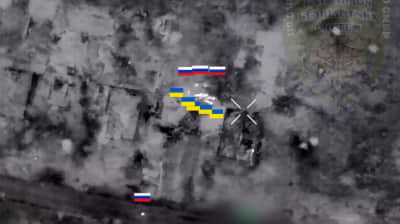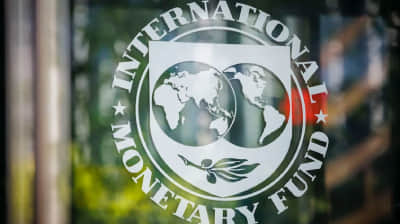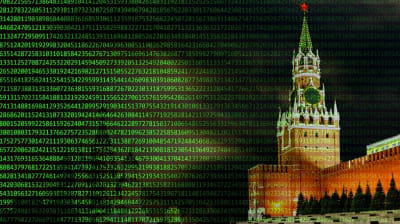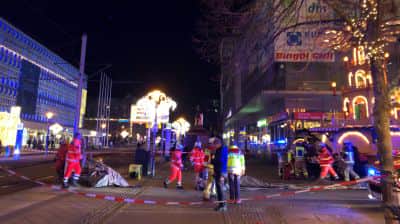EU ambassadors start discussing new sanctions against Russia, talks may drag on – Reuters
European Union countries are holding the first discussion of proposed new sanctions against Russia on 10 May, which would target Chinese and Iranian companies and enable exports to third countries to be curtailed for violating existing restrictions.
Source: Reuters, as reported by European Pravda
Details: Negotiations between EU envoys will begin on the morning of 10 May, and, as one diplomat stated, will be fierce, as countries that favour the harshest possible sanctions will be unhappy that the measure does not go far enough, while others will fear hurting their international ties.
Several diplomats believe a quick deal is not expected due to the wide range of opinions.
European Commission President Ursula von der Leyen said on 9 May in Kyiv that the new sanctions would be aimed at combating the circumvention of trade restrictions already in place and were developed "in very close coordination" with the G7 countries.
She added that the EU would stop transiting most of its exports through Russia, including advanced technology and aircraft parts.
Diplomatic sources familiar with the proposal developed by the European Commission said that it also includes the blacklisting of dozens of new companies, including those from China, Iran, Kazakhstan and Uzbekistan.
A diplomatic source from one of the EU countries that takes a tough stance against Russia was disappointed that the Commission's proposal did not include a halt to imports of Russian diamonds or cooperation in nuclear energy.
According to the source, trade losses under the new measures are estimated at up to €500 million, compared to €11 billion that von der Leyen said were incurred during the previous wave of sanctions.
At the opposite end of the debate, a diplomatic source from a country criticising the sanctions said that the proposal to target third countries would inevitably spark a heated discussion.
According to the sources, the new sanctions will prevent oil tankers from unloading at sea or arriving at ports with GPS trackers turned off, an attempt to counteract violations of G7 restrictions on the Russian oil trade.
Background: Earlier, the media reported that the 11th package of EU sanctions against Russia includes restrictions on those involved in smuggling cultural property from the occupied territories of Ukraine.
Journalists fight on their own frontline. Support Ukrainska Pravda or become our patron!





